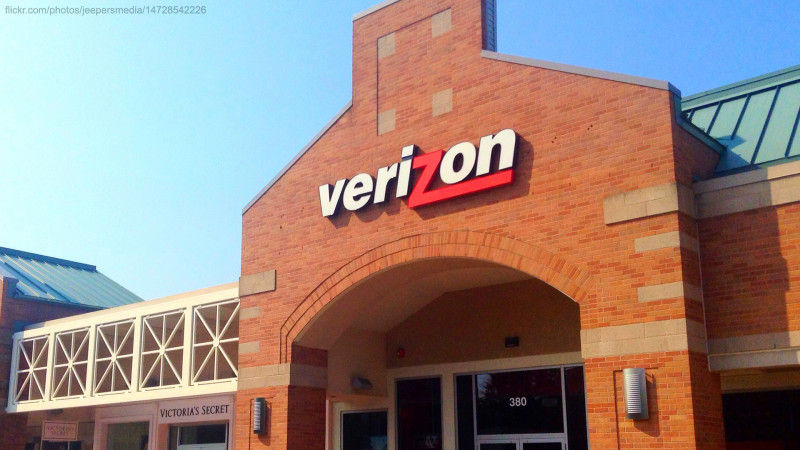Verizon To Combine Its “Supercookie” Data With AOL For Online And Mobile Targeting
- Fahad H

- Oct 7, 2015
- 2 min read

The supercookie is back. The nation’s largest mobile carrier, Verizon, came under fire from privacy advocates last year for its unannounced “supercookie,” which was intended to collect and transfer data to third parties for enhanced mobile ad targeting to its 135-million-member customer base.
Not actually a “cookie,” it’s a persistent identifier that tracks mobile users and operates much like the Android ID or Apple IDFA — though more comprehensively and aggressively.
After receiving considerable public criticism, Verizon offered a way for its subscribers to opt out of tracking in early 2015. Not much has been heard or written about the supercookie in the past six months. However, ProPublica reports that Verizon is now going to combine its supercookie data — ominously called a “Zombie Cookie” in the article — with AOL’s expansive ad network.
Verizon acquired AOL for more than $4 billion earlier this year.
The practical impact of this Verizon-AOL data transfer will be the ability to match online and offline user behavior for what is probably unprecedented Facebook-like ad targeting and analytics capabilities. App usage behavior is apparently also part of the tracking.
Other carriers, such as AT&T and Vodafone, have reportedly also experimented with similar supercookie tracking for mobile ad targeting.
According to ProPublica, privacy advocates don’t like the Verizon supercookie because it’s “enabled by default” (Users can opt out if they know how), and the data are sent unencrypted. The supercookie-identifier reportedly can’t be inserted into encrypted Web (PC or mobile) traffic.
Verizon says the program will enable the combined company to deliver more relevant, personalized advertising. This is something that surveys repeatedly indicate consumers want. However, the program sounds quite nefarious and will be spun that way by privacy advocates.
In actuality, the program may be not much different from a wide range of data collection and ad profiling programs that capture mobile users’ location history and other variables. In such programs, the data is aggregated, segmented and “anonymized.” Brands don’t generally want to target individuals; they want to target large groups of individuals with specific characteristics.
I’m not defending Verizon here, but the company needs to do consumer education and get out in front of this issue or it will create another privacy firestorm. Because “old-school” corporations like Verizon generally don’t voluntarily offer transparency or educate consumers, revelations like these create scandals when discussed in popular media.
There needs to be much more transparency and education that sells the benefits of program participation to consumers, giving those who don’t want to participate an easy way to opt out. The “we know what’s best for consumers” paternalism that’s been a cultural element of the digital ad industry is one of the factors behind the rise of ad blocking.
Consumers simply don’t trust most brands, marketers or their service providers.
(Verizon store photo by Mike Mozart, used via Creative Commons licensing.)




Comments